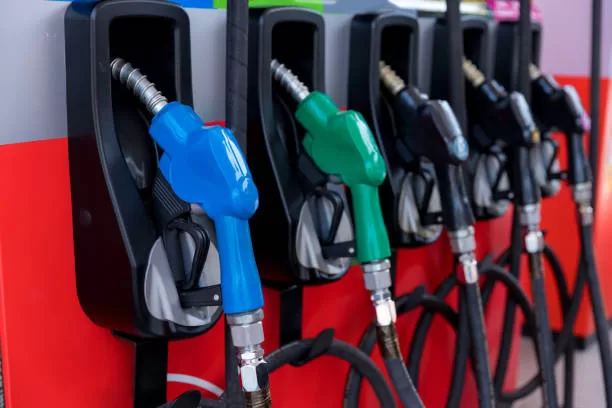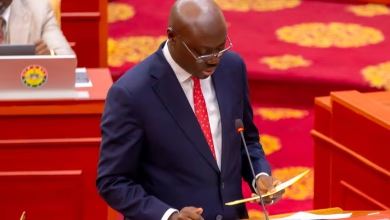Fuel Prices Drop as OMCs in Ghana Slash Rates

- OMCs have started reducing the prices of petroleum products
- Diesel has also seen a reduction
- This would provide additional relief to consumers
Several Oil Marketing Companies (OMCs) in Ghana have started reducing petroleum prices at the pumps, bringing much-needed relief to consumers. This move is a positive development for those who rely heavily on fuel for daily activities and businesses.
Market leader GOIL has taken the lead, lowering petrol prices by 1.38 percent to ₵14.22 per liter. Additionally, diesel prices have dropped by ₵0.90 to ₵14.90 per liter. These reductions are expected to influence other OMCs to adjust their prices as well.
Consumers are eagerly watching to see how other OMCs will respond. Any further reductions will directly impact household budgets and business operations, potentially lowering transportation and production costs.
Factors Driving Price Reductions
The sustained recovery of the Ghanaian cedi against the US dollar has been a significant factor. The cedi, which depreciated by 7 percent in May, has shown resilience. Its rate of depreciation slowed to just 1 percent in July and continued to stabilize in early August. Consequently, this stable economic environment supports lower fuel prices.
Additionally, stable crude oil prices on the international market have played a crucial role. Despite geopolitical tensions in the Middle East, the market has remained stable. Therefore, this stability has allowed OMCs in Ghana to pass on the benefits to consumers.
Outlook for Future Price Adjustments
If the cedi’s strength and crude oil prices remain stable, analysts predict further reductions in fuel prices. This would provide additional relief to consumers and businesses impacted by rising fuel costs in recent months.
The potential for more price cuts offers hope for many. It could lead to a more affordable cost of living and doing business in Ghana. Furthermore, it highlights the importance of maintaining economic stability and monitoring global oil markets closely.
In conclusion, the recent reductions in fuel prices by OMCs in Ghana, led by GOIL, are a welcome development. They reflect the positive impact of a stronger cedi and stable international oil prices. As consumers and businesses monitor these trends, there is cautious optimism for more price cuts, easing the financial burden on Ghanaians.






